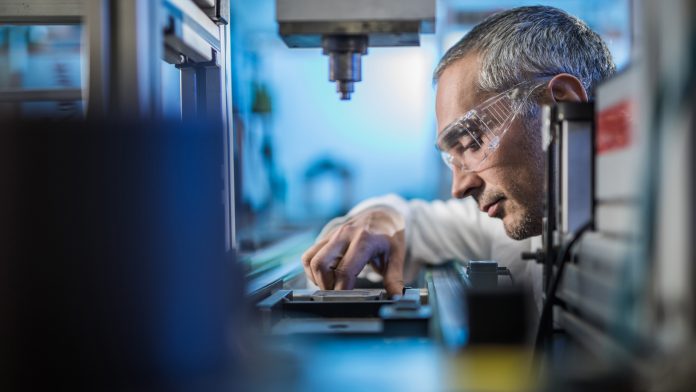
In healthcare, tech has already been used to update patient records, improve care delivery and streamline processes – could the introduction of an artificial intelligence lab be additionally useful?
Faced with a growing population and tight budget, the UK’s National Health Service has already started looking to AI to improve patient service and cut costs. With smartphones due to become the primary method of accessing health services, the NHS is already investing in AI-powered apps, an artificial intelligence lab, and more recently implementing technology which will allow NHS 111 enquiries to be handled by robots within two years.
Yet latest research by OpenText reveals widespread uncertainty amongst the UK population when it comes to trusting their health to AI.
The widespread uncertainty
- A more accurate diagnosis was identified as the biggest benefit of introducing AI into healthcare, yet only a quarter (26%) of UK consumers believe robots would reach the correct diagnosis;
- Speed and quick access were also highlighted as major benefits – 21% believe AI technology can offer a quick diagnosis and the same proportion (21%) would appreciate not having to take time off work to visit a doctor; and
- One in five (21%) British citizens think that Brexit will impact the UK’s ability to innovate in the area of artificial intelligence.
As AI is implemented across the healthcare sector, British consumers will need to put their trust in this technology. Yet this research revealed that two fifths (41%) do not know if they would trust the medical diagnosis given by AI and a further 26% confirmed that they did not trust the technology. Just 11% said they would trust the diagnosis of AI more, or just as much, as a doctor’s diagnosis.
“AI will transform the workplace”
Commenting on the findings outlined above, Mark Bridger, SVP, Europe, OpenText said:
“Artificial intelligence and cognitive technologies have the potential to completely transform healthcare services. While sci-fi films can distort the impact of AI technology, it’s time to stop viewing AI as an existential threat to our livelihoods and our health.
“AI will transform the workplace as menial tasks, and some non-routine jobs, are digitalised through robotics and process automation but it cannot replace people.
“The true value of AI will be found in it working alongside humans to ease the pressure across the healthcare system as well as making our lives easier. By implementing AI when tapping into the vast volumes of data available to them, healthcare organisations can gain access to real-time information and sophisticated insights – empowering them to improve decision-making and deliver services that really do meet the needs and wants of UK citizens.”







